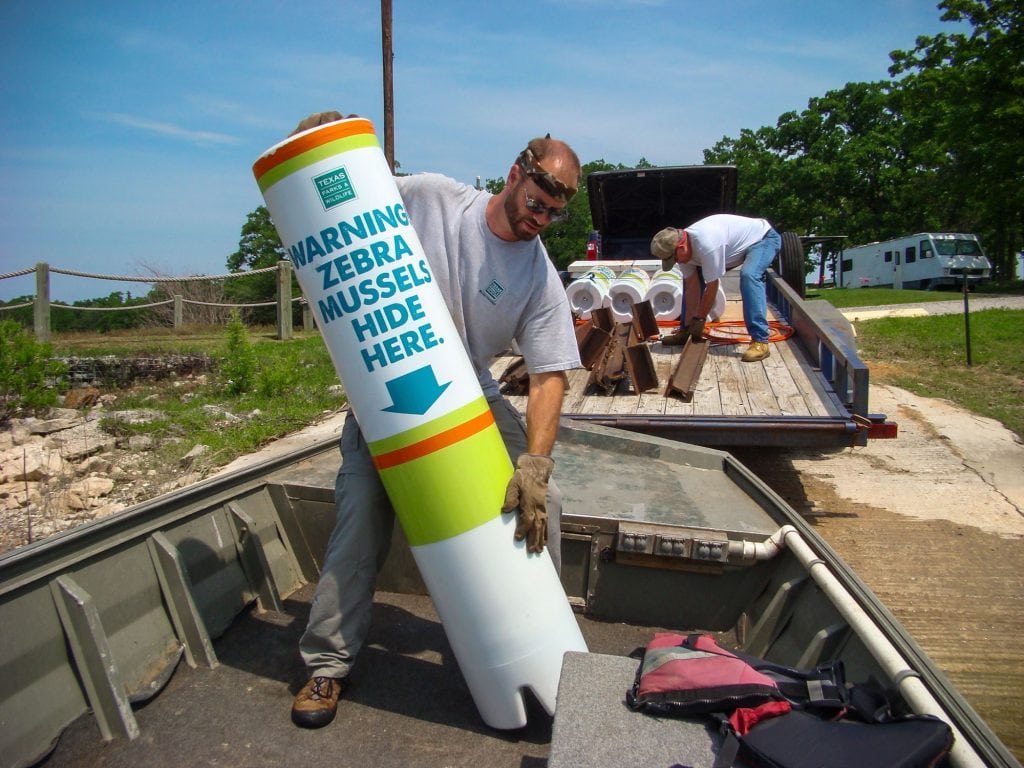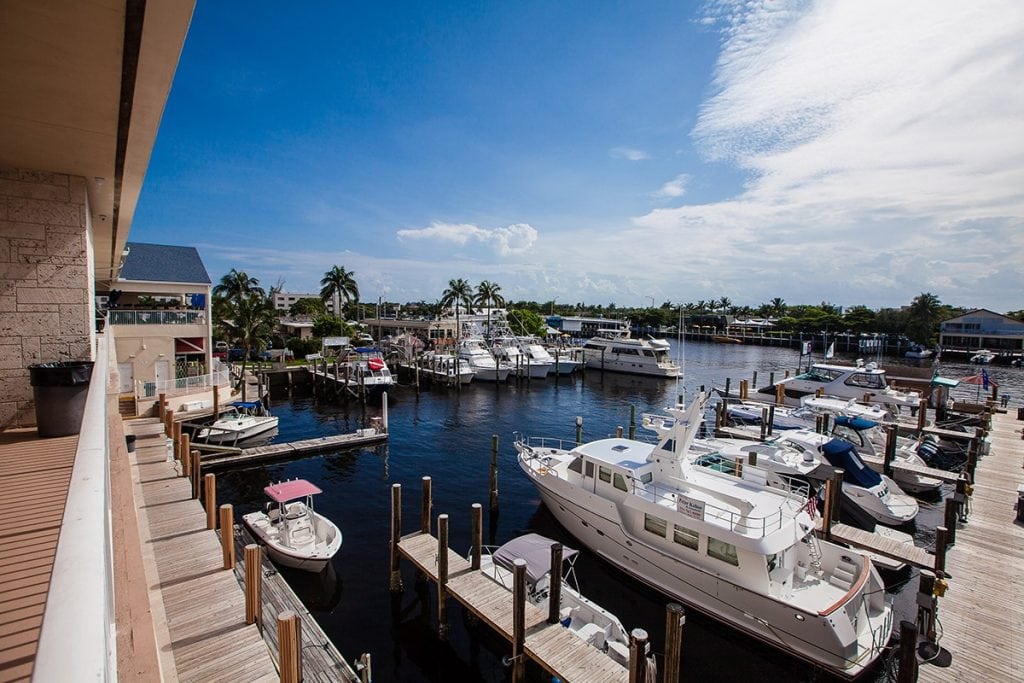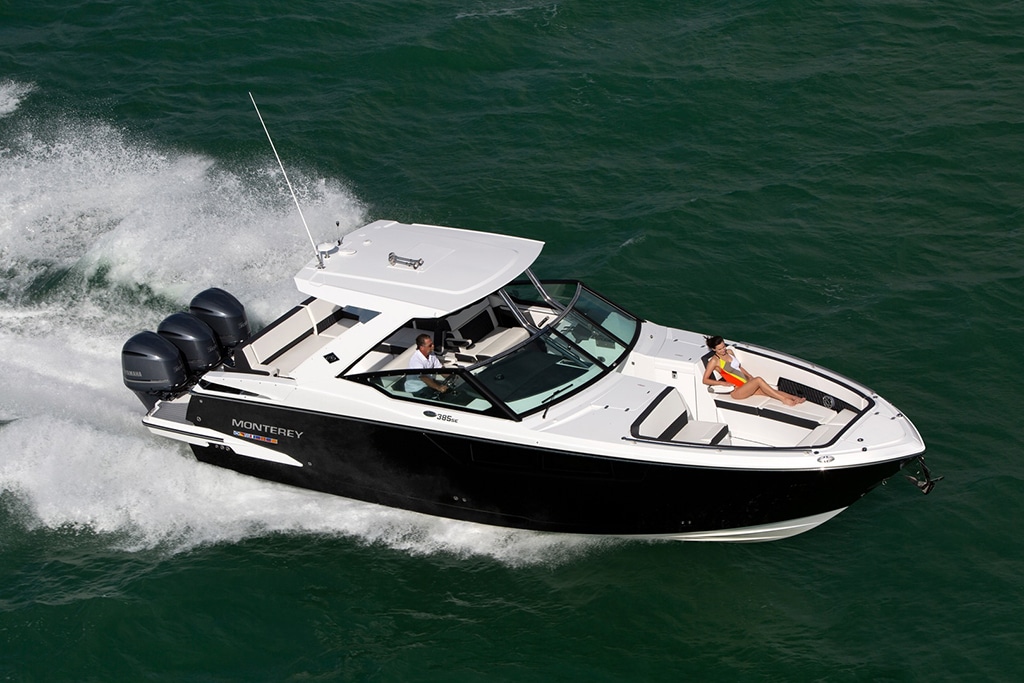Invasive species are a very real threat and a menace to natural ecosystems across the planet, and the lionfish is one that has garnered a lot of public and media attention as of late. However, a new foreign scourge is rampaging through the lakes of Texas and has forced strict new boating and fishing guidelines in an effort to halt its spread.
The zebra mussel was imported from its natural Eurasian habitat into the Great Lakes around 1988 and has since spread rapidly down through the Mississippi waterway. Preferring still or slow moving bodies of water, their larvae can be easily transferred via rivers, bait wells or bilges and survive in this stage for up to 30 days and allows their population to multiply aggressively.
With colonies large and concentrated enough to actually sink buoys with their weight over time, the Zebra Mussels adhere themselves to keels, boat trailers, pilings—basically any solid structure under water. Very difficult to remove from even the hull of a boat, the mussels can damage or block any water system on a vessel including heads, air conditioners and engine cooling systems. On a larger scale, the mussel colonies are specifically wreaking havoc with drainage, irrigation, cooling supplies for power plants, and pipes for local water supplies. The colonies bloom out and adhere to each other and block these larger water intake and discharge systems similar to blocked arteries. The environmental damage to local ecosystems is also radical, with entire populations of fish dying off due to the large colonies of mussels’ ability to alter the temperature of lakes via their natural filtration of the water columns.

Already discovered in Lake Texoma, Lewisville Lake, Lake Belton, and multiple others across Texas, the Texas Parks & Wildlife Department began enforcing new regulations that went into effect over the summer. Applying to flatboats, skiboats, personal watercraft, sailboats, kayaks/canoes or any vessel of any size—whether powered or not—owners must now flush and clean all livewells, bilges, motors or any other item or machine that comes into contact with public waters, a good boating habit to begin with.
With their larvae capable of transiting in any standing water from one lake to another, cruisers are now the first line of defense in staving off infestation between bodies of water throughout the country. Already discovered in California and even Utah with recreational boats the likely transportation, cruisers throughout the South must become vigilant or the millions of dollars already being spent throughout the Great Lakes region on removal and eradication will surely arrive on lakes across the Gulf Coast—along with higher boating fees necessary to pay for the damage.
By Harlen Leslie, Southern Boating October 2014















